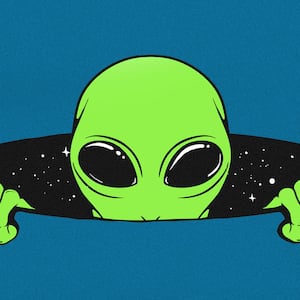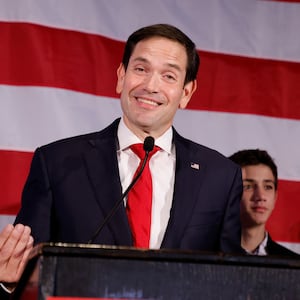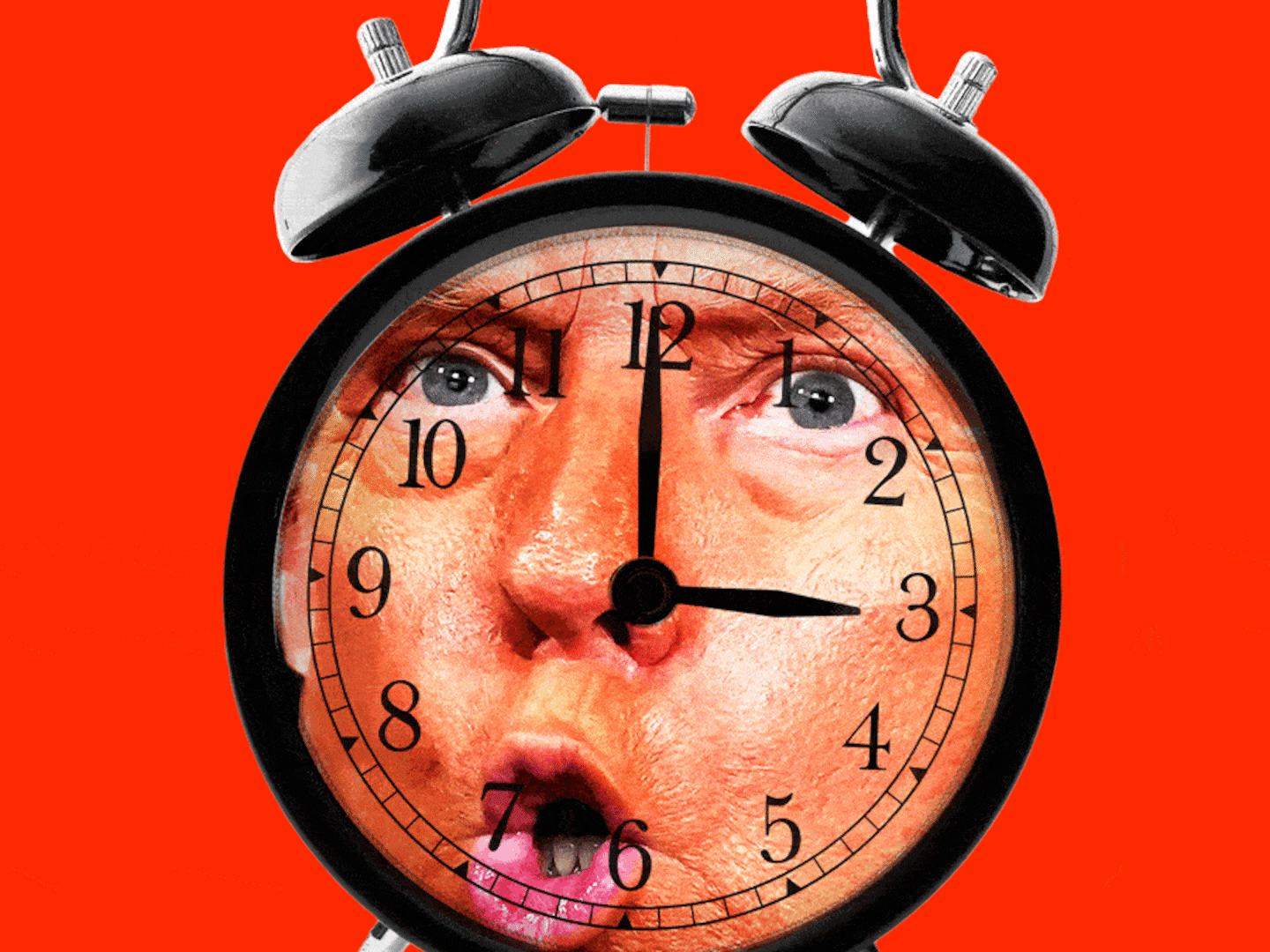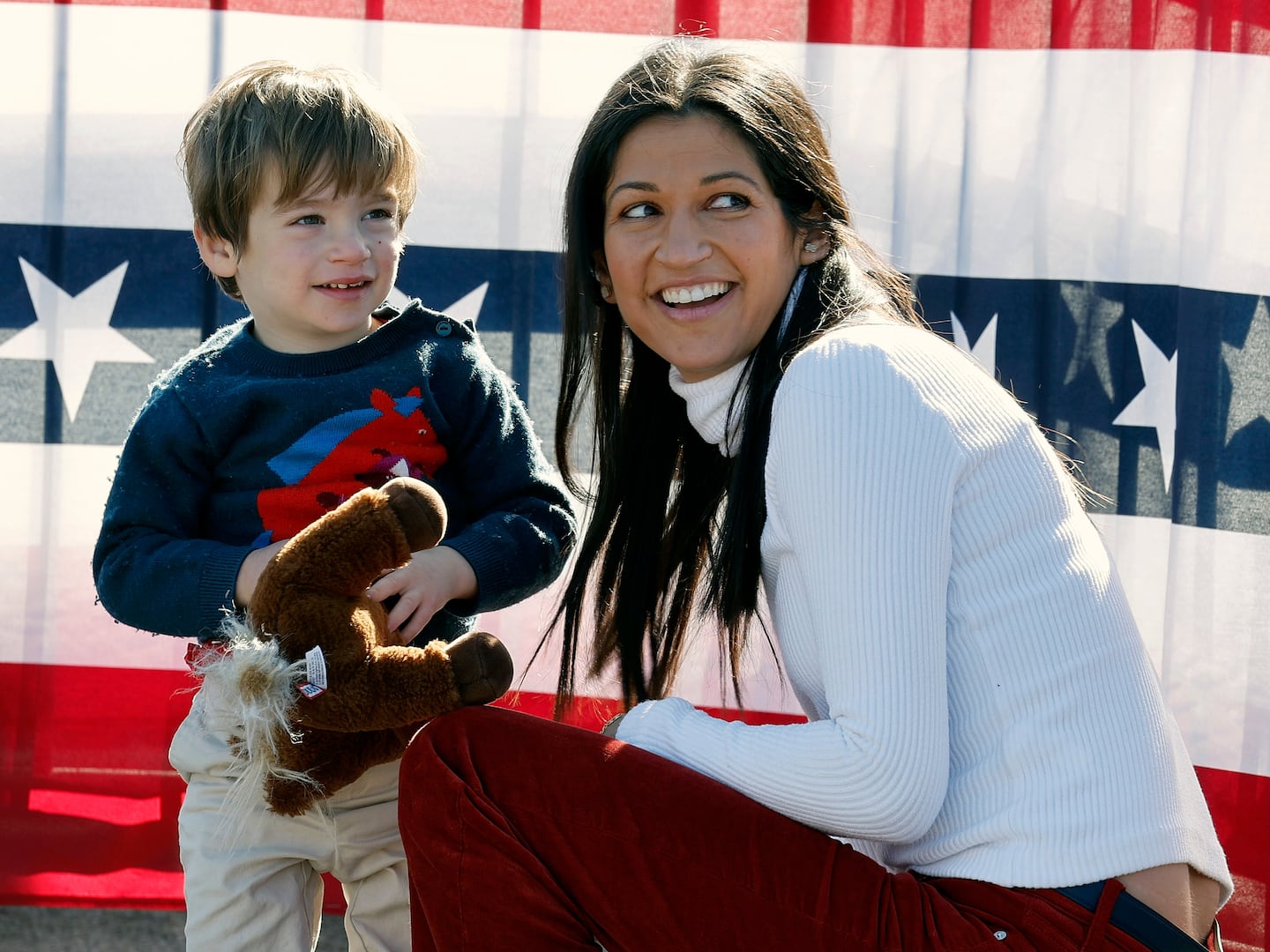When it comes to UFOs, the truth is out there—and your college professor might think so too.
An academic survey published on Monday in the journal Humanities and Social Sciences Communications found that roughly a fifth of tenured and tenure-track faculty across 144 research universities in the U.S. reported sightings of unidentified aerial phenomenon (UAP), the official U.S. government term for UFO. The survey also found that the majority of academics believe that academic research and evaluation into UAP is important.
"Results indicate several implications for UAP research generally," Marissa Yingling, a psychology researcher at the University of Louisville, told The Daily Beast in an email. "Faculty across disciplines are cautiously willing to engage in the UAP topic, many are interested in conducting research, and the credibility of those who initially engage with the topic as well as funding are important factors for faculty."
The participants who responded that they had seen UAP were given an opportunity to share their stories, which ranged in a variety of different ways.
“I saw an unidentified object as a child in (state redacted) (with my sibling)—which my parents didn’t believe,” one respondent said in the survey. “The news reported that others saw it too.”
“I have seen UFOs twice,” another respondent said. “I know they exist and we don’t have that level of technology. I used to tell people but they thought I was crazy or lying—so now I’m silent.”
“When I was in graduate school, circa (year redacted), I saw a large, round UAP with rectangular lit windows on the bottom hovering above the ground in the (mountain range redacted) east of (city redacted),” another recounted. “I made my husband pull the car over so I could get out and take a closer look. It was quite dark, and the lights on the craft had attracted my attention. Since (state redacted) is pretty far from Area 51, I have never known what to make of this sighting.”
The report’s authors sent the survey to almost 40,000 academics and garnered a 4 percent response rate. Participants were 63 percent male and 80 percent white, and ranged across 14 different research disciplines such as physics, psychology, political science, and engineering.
About 19 percent of respondents reported witnessing or knowing someone who had witnessed a UAP. And 9 percent said they or someone they knew might have seen a UAP.
Though the banner takeaway is that one in five academics reported seeing potential visitors from other planets or knew someone who had, the survey itself encompassed a wide range of opinions and insights about academics and their perception of UFOs. For example, 36 percent of participants reported that they were interested in conducting more research into UAPs, with just 4 percent having conducted any UAP research. An additional 55 percent said they would be much more likely to conduct research if they had funding.
Moreover, 64 percent said that it was “very important” or “absolutely essential” that academia was involved in UAP-related research. This is potentially consequential due to the fact that the U.S. government has been more and more open when it comes to UAP sightings in recent years. In June 2022, NASA announced that it was launching a nine-month study into UAP. Lawmakers on Capitol Hill have thrown their weight behind UFO research in the interest of national security. The Pentagon has also launched a UAP office to investigate the growing number of reports of ET sightings by the nation’s military over the years.
"Any future research in this area will benefit from including faculty across disciplines," Yingling explained. She later added, "Humanities and social sciences offer better insight into, for instance, cultures and motives, the language of legislation and reports, and how narratives are made. Arts may offer better insight into image analysis. Science has other domains of expertise and plays an important role."
So your college professor might be able to one day help with answering the question, “Are we alone in the universe?” At the very least, it’ll be a good topic to bring up during their next office hours.








